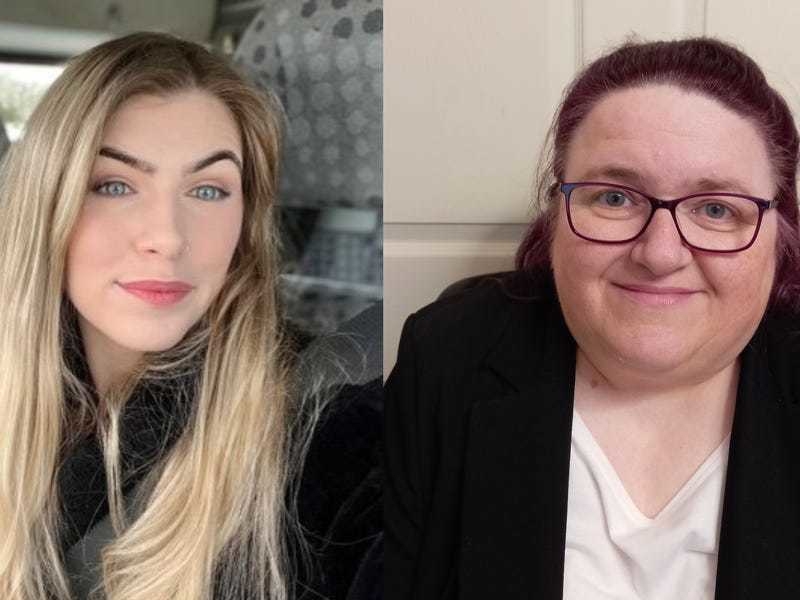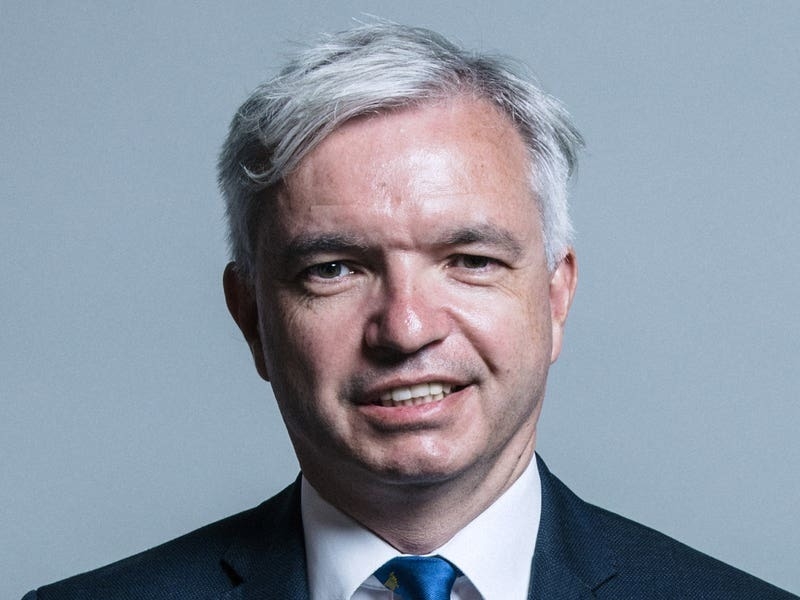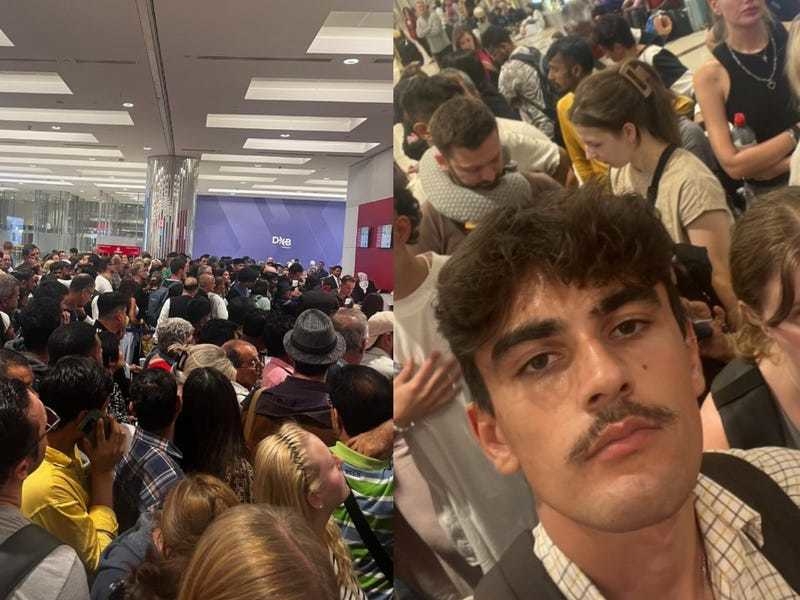More than half of people believe the Government should be doing more to support services for women and children affected by abuse amid the cost-of-living crisis, a survey suggests.
The same percentage (54%) think any negative impact of increasing costs will be greater for this group in society, the polling for a coalition of feminist organisations found.
Frontline specialist services such as refuges are facing “spiralling” energy prices which have exacerbated the “hugely uncertain and unsustainable funding picture that the sector has contended with for over a decade”, the End Violence Against Women Coalition (EVAW) said.
The organisation said the problems are the result of years of “gross underfunding” in the sector and cuts which have affected specialist services led by and catering to women from black and minority ethnic backgrounds most acutely.
EVAW director Andrea Simon said any crisis faced by society will always see “an inevitable secondary crisis for women and girls experiencing abuse”.
She said: “Just as the Covid-19 pandemic created a conducive context for domestic abusers to operate, the cost-of-living crisis has also disproportionately impacted women who have had to make unthinkable decisions about staying in dangerous situations, for fear of being unable to survive otherwise.”
Ms Simon added: “Now is the time for action in the form of the Government committing to adequately fund specialist support services to meet the increasing demands for their help, and by treating VAWG as the public health issue it is by putting preventing violence and abuse at the heart of the Government’s response.”
The report also pointed to research in November by Refuge which found many survivors of domestic abuse were facing a choice between leaving an abusive partner or risking destitution, while some survivors were returning to their abusers amid the cost-of-living crisis.
In its annual snapshot report on violence against women and girls, the coalition said there had been numerous political, social and economic factors which have “undermined an effective state response” to such violence, citing the fact the UK had three different prime ministers last year, which it said had “impacted the progress of key pieces of legislation relevant to victims and survivors”.
The organisation also highlighted the case of disgraced Metropolitan Police officer David Carrick, who is among the country’s worst ever sex offenders having committed more than 80 sexual offences.
EVAW said the failure of the force to root him out earlier “demonstrates the dangerous consequences of such institutional failures”.
Among a series of recommendations, the coalition called for a “strategic investment to end abuse”.
It said: “This includes an uplift in social security and an exemption of the benefit cap for survivors, as well as meaningful action to address income inequality (including for women with no recourse to public funds) to tackle the rates of poverty for women, and the significant financial barriers women face in leaving abuse.”
They also called for an emergency fund “to support all women and children subjected to male violence and prevent the risk of death or destitution, including migrant women and women with no recourse to public funds”.
They said organisations working to end violence against women require “long-term, sustainable funding to deliver the life-saving work that helps thousands of women and girls every day”.
A Government spokesperson said: “We are working across Government to ensure victims and survivors of domestic abuse, as well as their families, are fully supported, including by delivering the commitments worth over £140 million in the Tackling Domestic Abuse Plan. This includes trials of a ‘flexible fund’, which charities could use to provide extra money to victims and survivors.
“We have introduced an unprecedented package of energy bills support, including delivering to cover one-third of the typical household’s energy bill this winter – or nearly half for the most vulnerable. We are working with consumer groups and industry to assess the best long-term approach to helping vulnerable households from April.”






